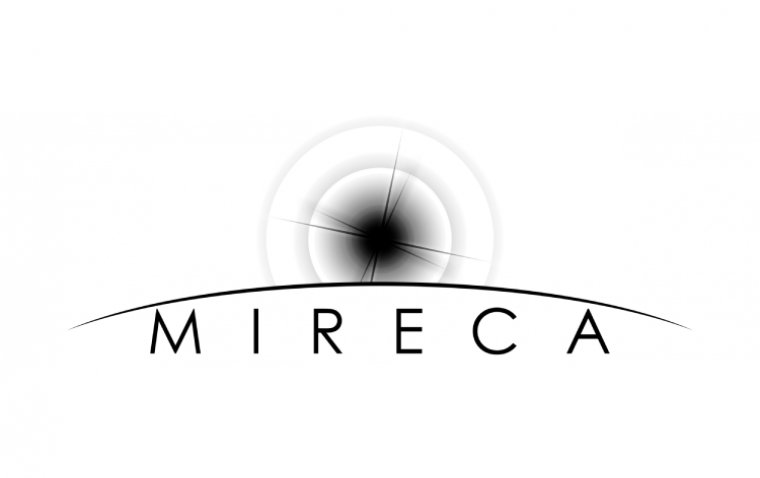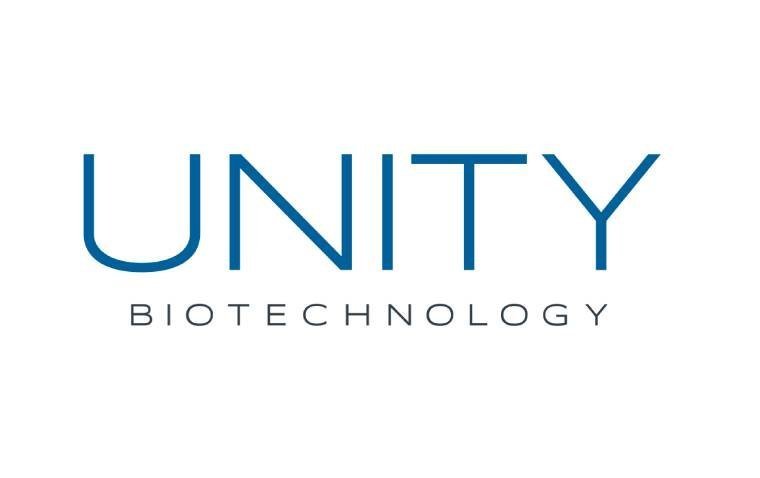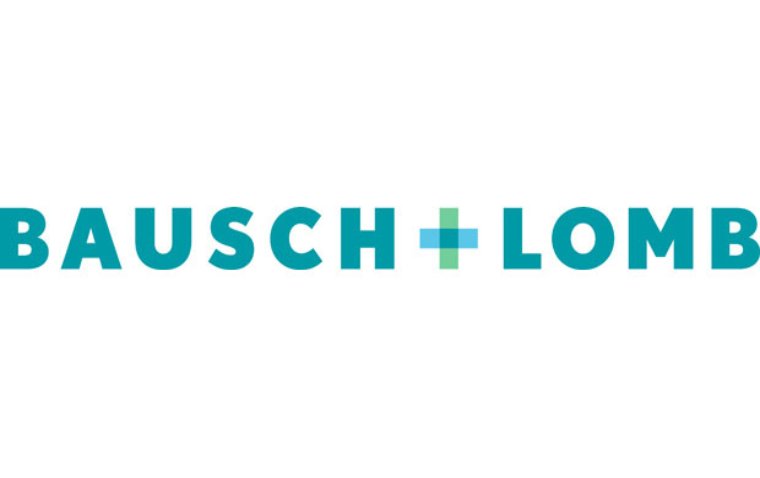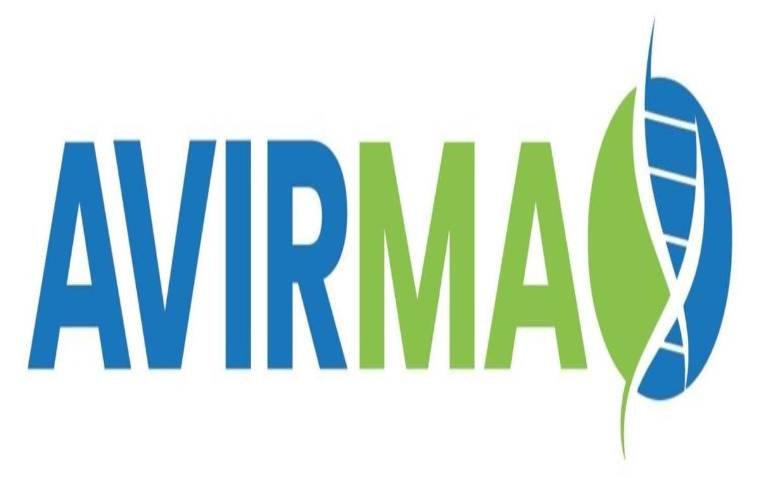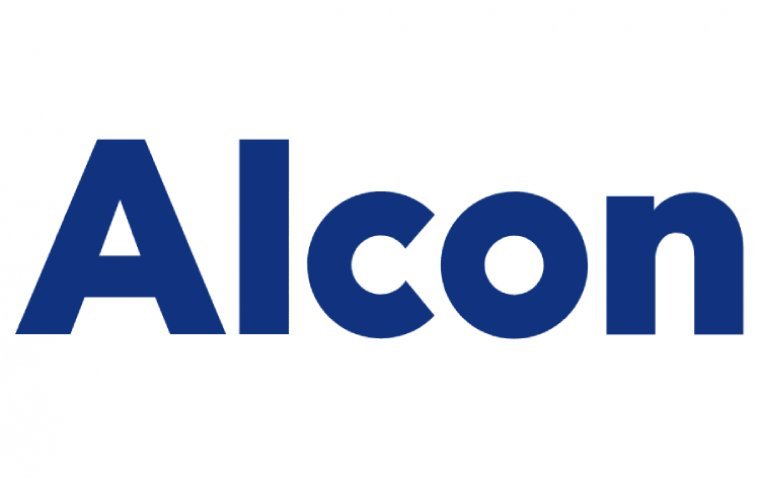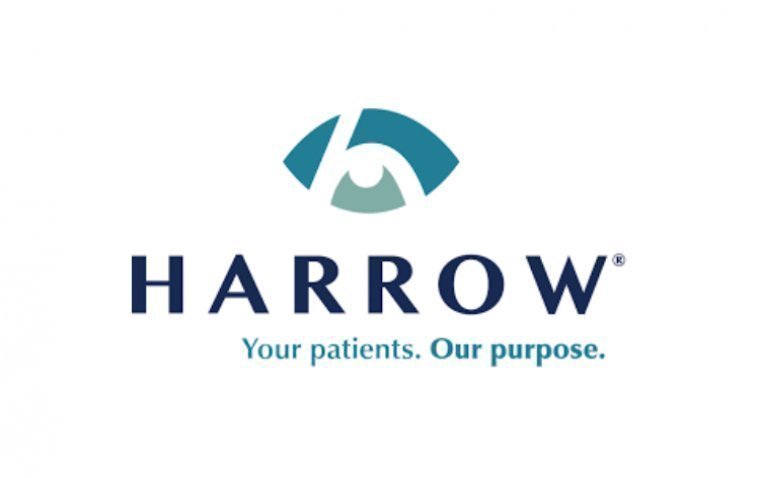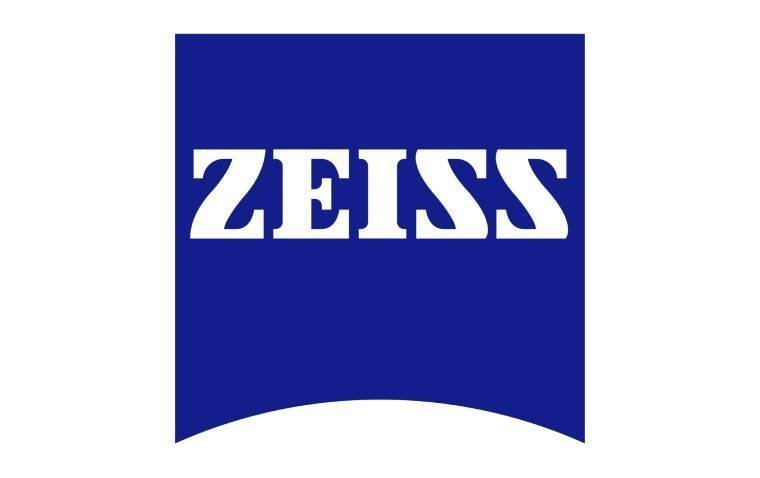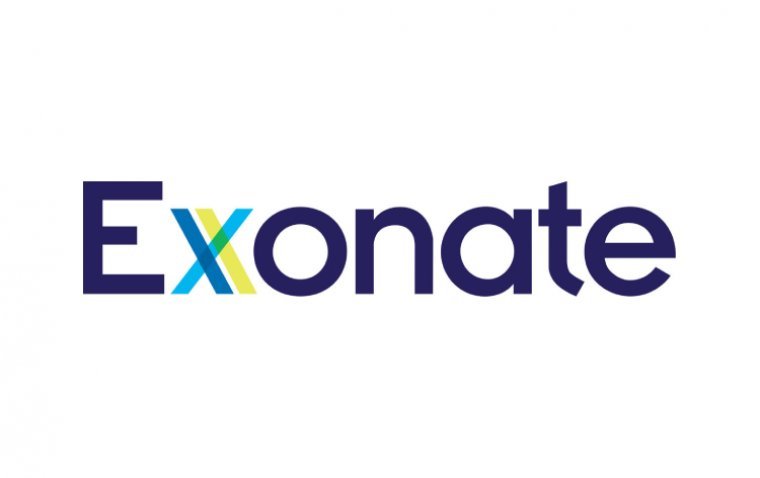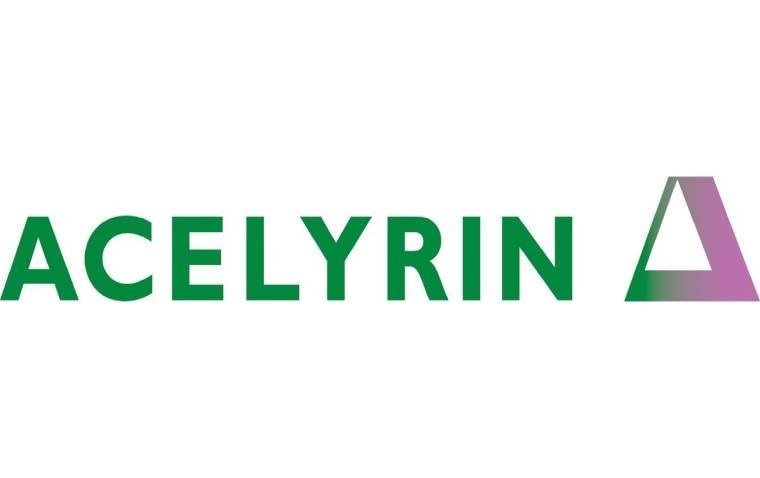
Acelyrin Unveils Phase 3 Program Design for Lonigutamab in Thyroid Eye Disease
Acelyrin has announced new data from its Phase 2 clinical trial of lonigutamab and revealed the design for its Phase 3 LONGITUDE program for patients with thyroid eye disease (TED). This innovative program aims to address significant unmet needs in TED management through a subcutaneously delivered treatment with promising results.
About Lonigutamab
Lonigutamab is a humanized IgG1 monoclonal antibody targeting the insulin-like growth factor-1 receptor (IGF-1R). Its design enables subcutaneous (SC) delivery, allowing for longer-term dosing and potentially minimizing exposures compared to IV therapies. This delivery method is expected to enhance the depth and durability of clinical response.
Phase 2 Clinical Trial Results
The Phase 2 trial demonstrated significant and clinically meaningful improvements across various TED manifestations, including:
• Proptosis
• Clinical Activity Score (CAS)
• Diplopia
• Graves’ Ophthalmopathy-Quality of Life (GO-QoL) tool
Key findings include:
• A significant proptosis response rate was achieved with a 50 mg loading dose followed by a 25 mg weekly subcutaneous dose of lonigutamab.
• No reports of hearing impairment, hyperglycemia, or menstrual disorders at any dose level.
Phase 3 LONGITUDE Program Design
The Phase 3 LONGITUDE program consists of two global, double-masked, placebo-controlled trials, LONGITUDE-1 and LONGITUDE-2, which will collectively include approximately 350 patients.
Key Details of the Program:
1. Dosing Protocol:
• Patients will receive a 100 mg loading dose of lonigutamab followed by 50 mg every two weeks.
2. Study Structure:
• Randomization: Patients will be randomized 2:1 to receive either lonigutamab or placebo for the first 24 weeks.
• Open-Label Extension: All patients will transition to lonigutamab treatment after 24 weeks, continuing through 52 weeks.
3. Primary Endpoint:
• Proptosis response rate at 24 weeks.
4. Enrollment Criteria:
• LONGITUDE-1: Minimum of 81 patients with active TED.
• LONGITUDE-2: Includes both active and chronic TED patients, with no minimum enrollment.
Timeline
• The Phase 3 LONGITUDE program is set to begin Q1 2025, with topline results expected in the second half of 2026.
Expert Commentary
Dr. Shep Mpofu, Chief Medical Officer at Acelyrin, stated:
“We look forward to working closely with clinicians around the world to rapidly initiate and enroll the Phase 3 LONGITUDE program starting in Q1 2025 for the benefit of TED patients. Our Phase 3 study is designed to address the significant unmet needs of patients, and we believe lonigutamab has the potential to be a more effective, safer and more convenient alternative to the current standard of care.”
Conclusion
With its innovative design and promising Phase 2 results, lonigutamab has the potential to transform TED treatment by offering a safer and more convenient alternative to existing therapies. The Phase 3 LONGITUDE program is an exciting step forward in addressing the needs of both active and chronic TED patients.
(1).jpg)
